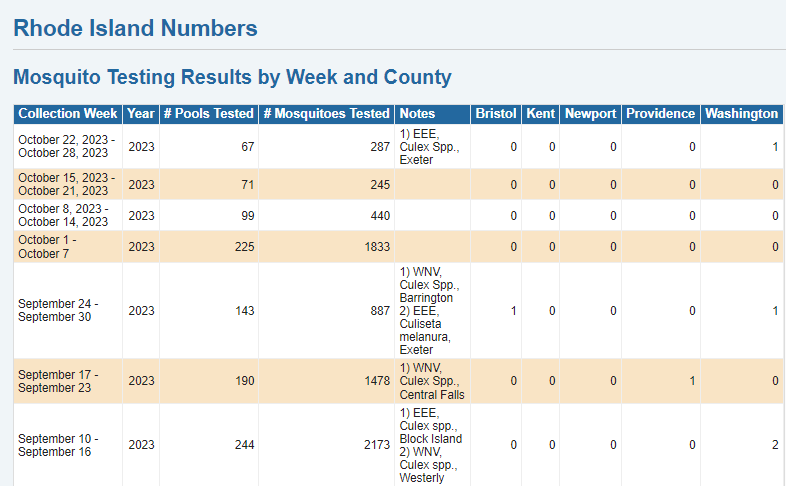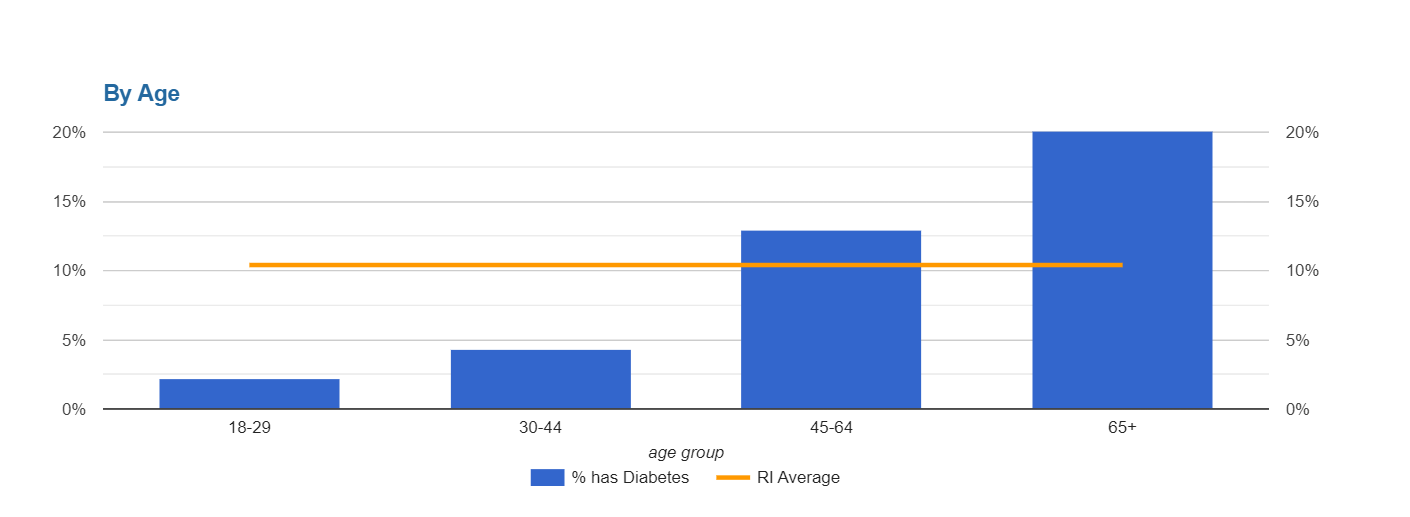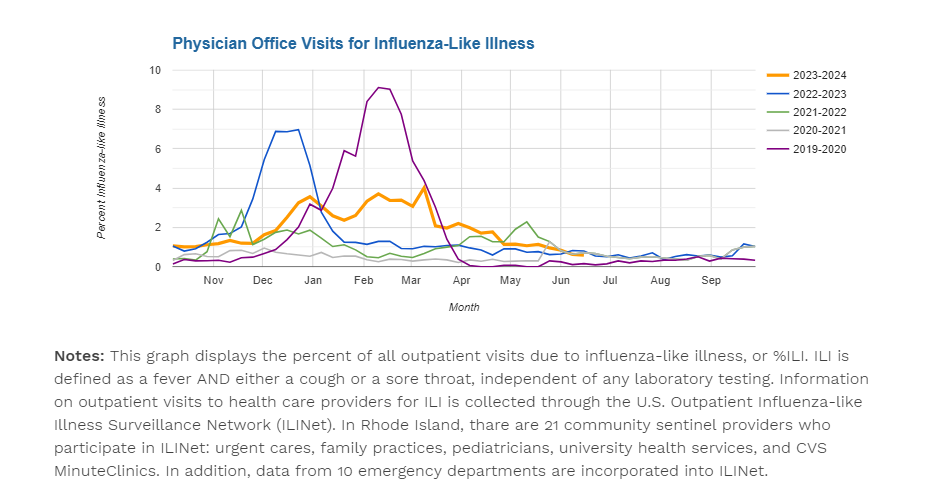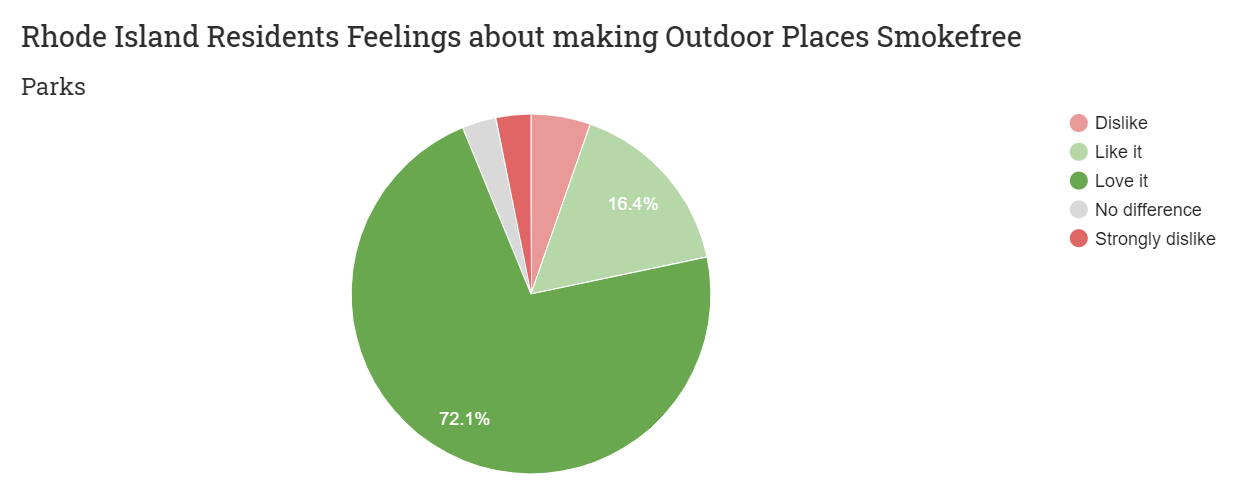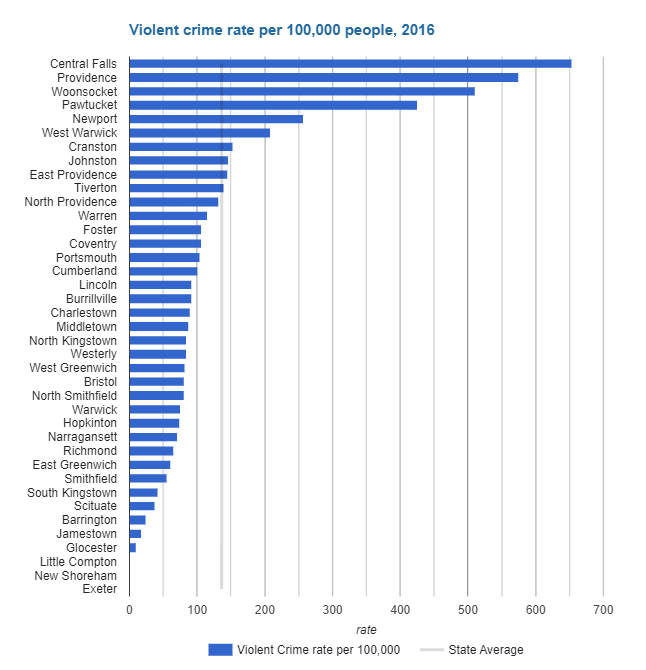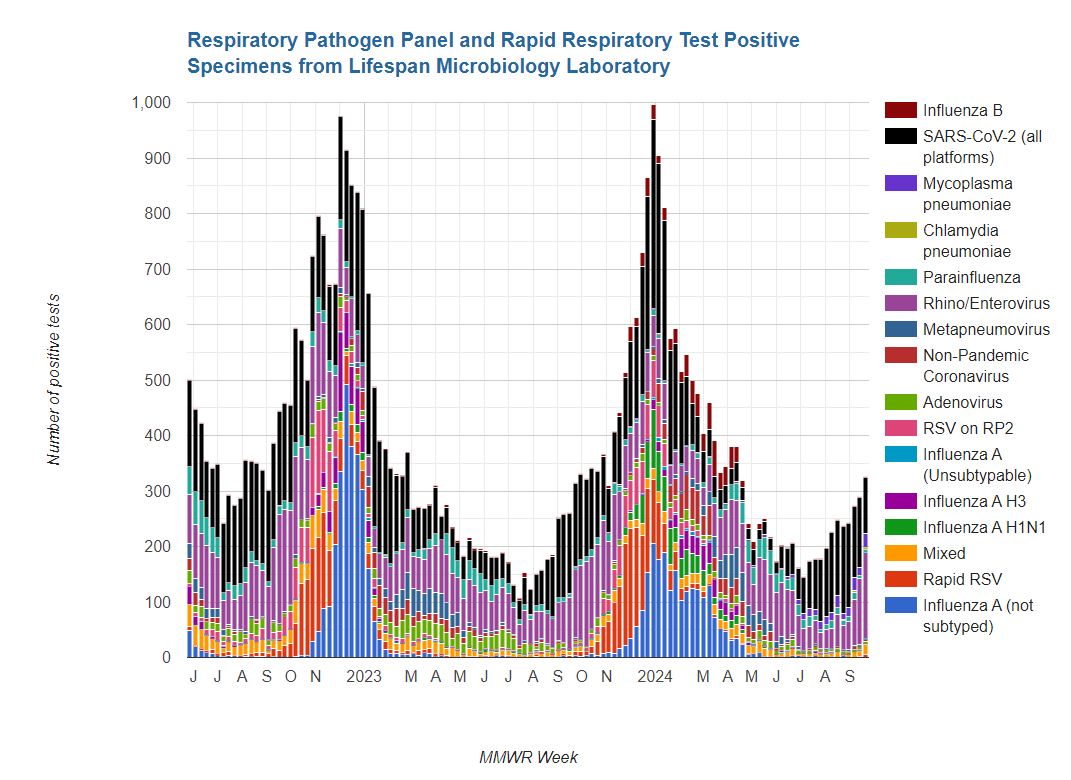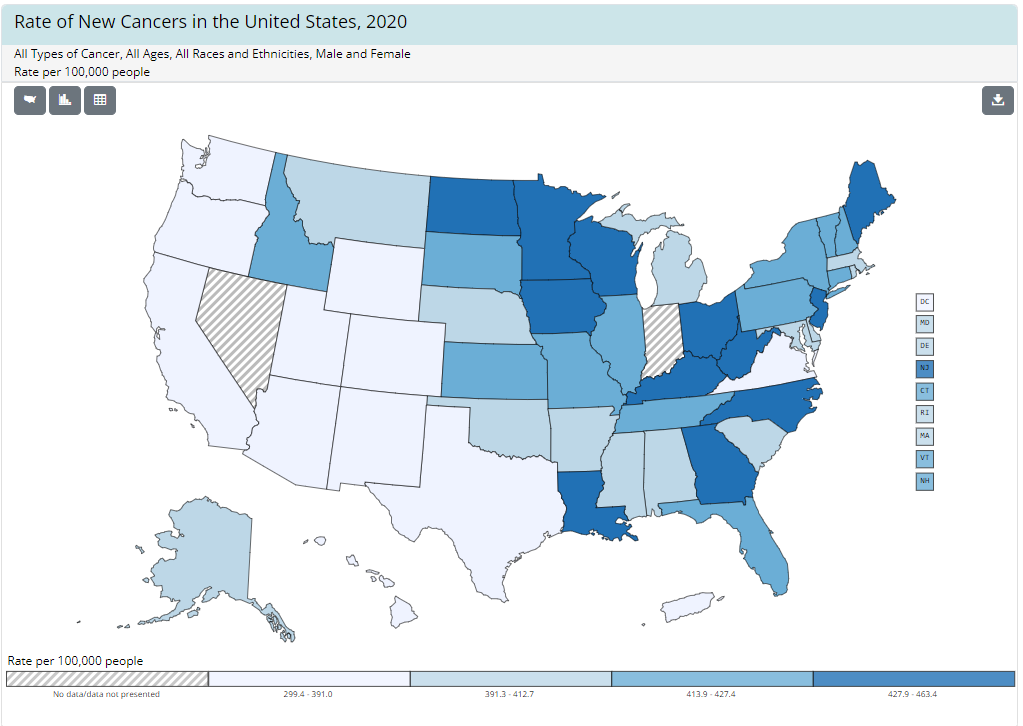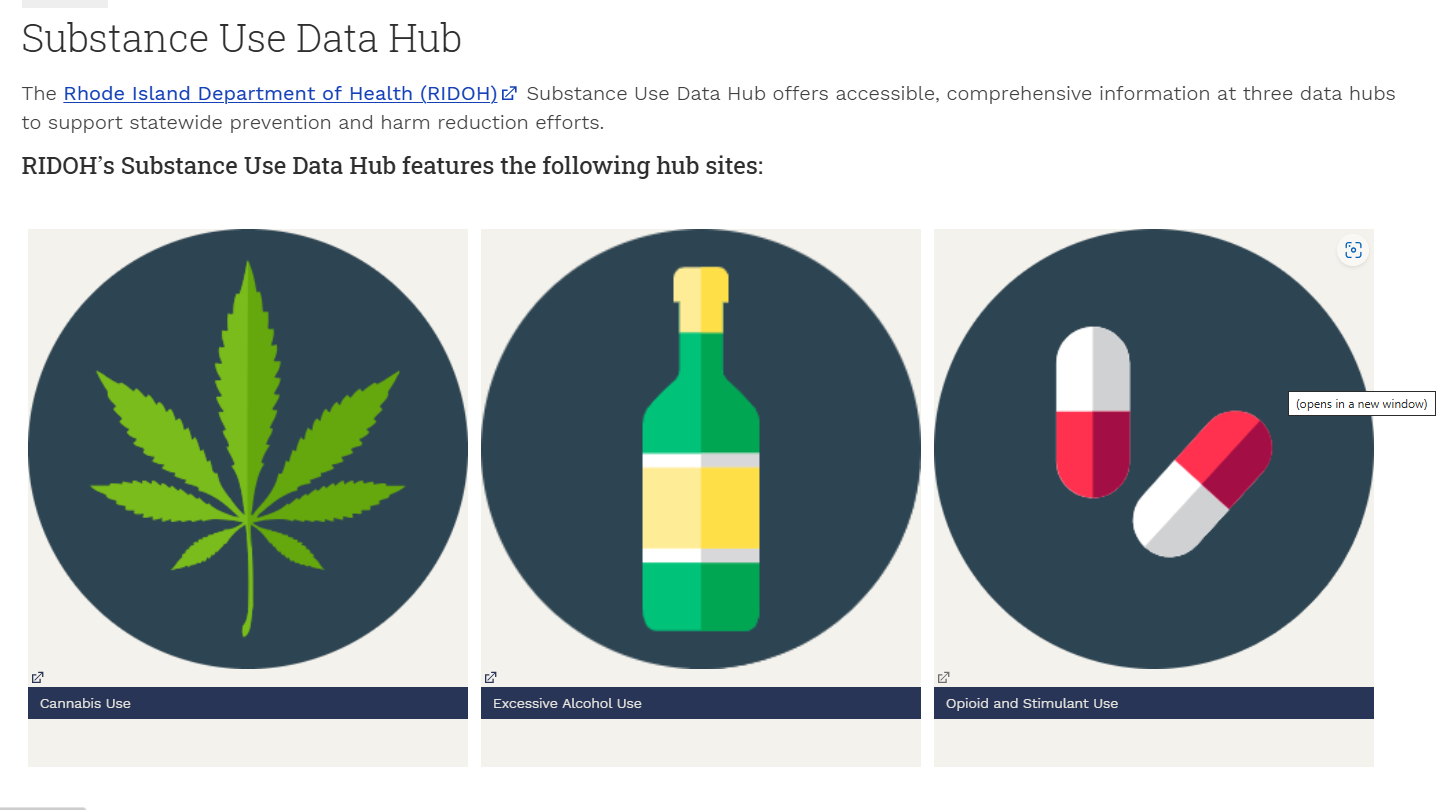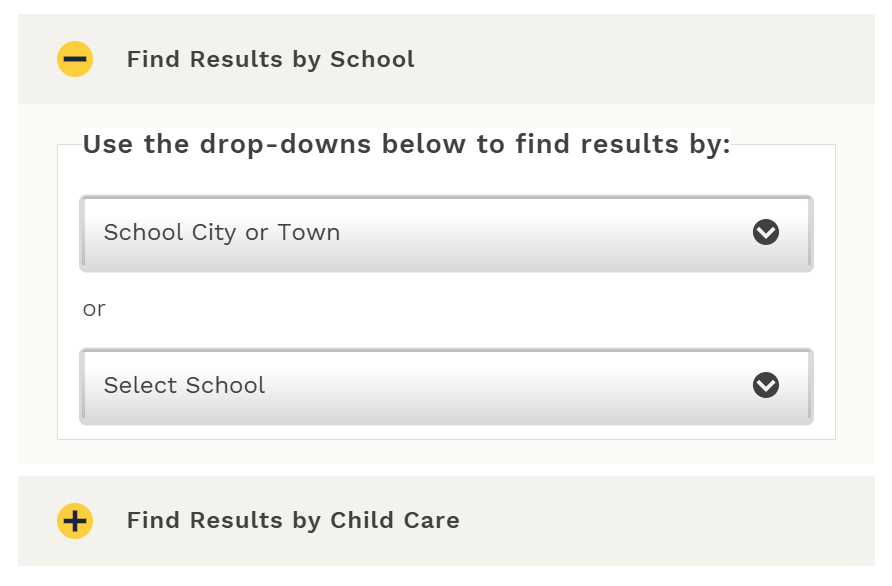Our mission is to lead, support and coordinate the acquisition, provision, and use of clear, accurate and appropriate data and analyses to inform and drive public health decisions.
Data
Data
Resources
Data | Survey
- High School (2023)
- Middle School (2023)
- Behavioral Risk Factor Survey (2021)
- High School (2021)(Spanish) (Portuguese)
- Middle School (2021)(Spanish) (Portuguese)
- Behavioral Risk Factor Survey (2019)
- High School (2019)
- Middle School (2019)
- Behavioral Risk Factor Survey (2018)
- Behavioral Risk Factor Survey (2017)



